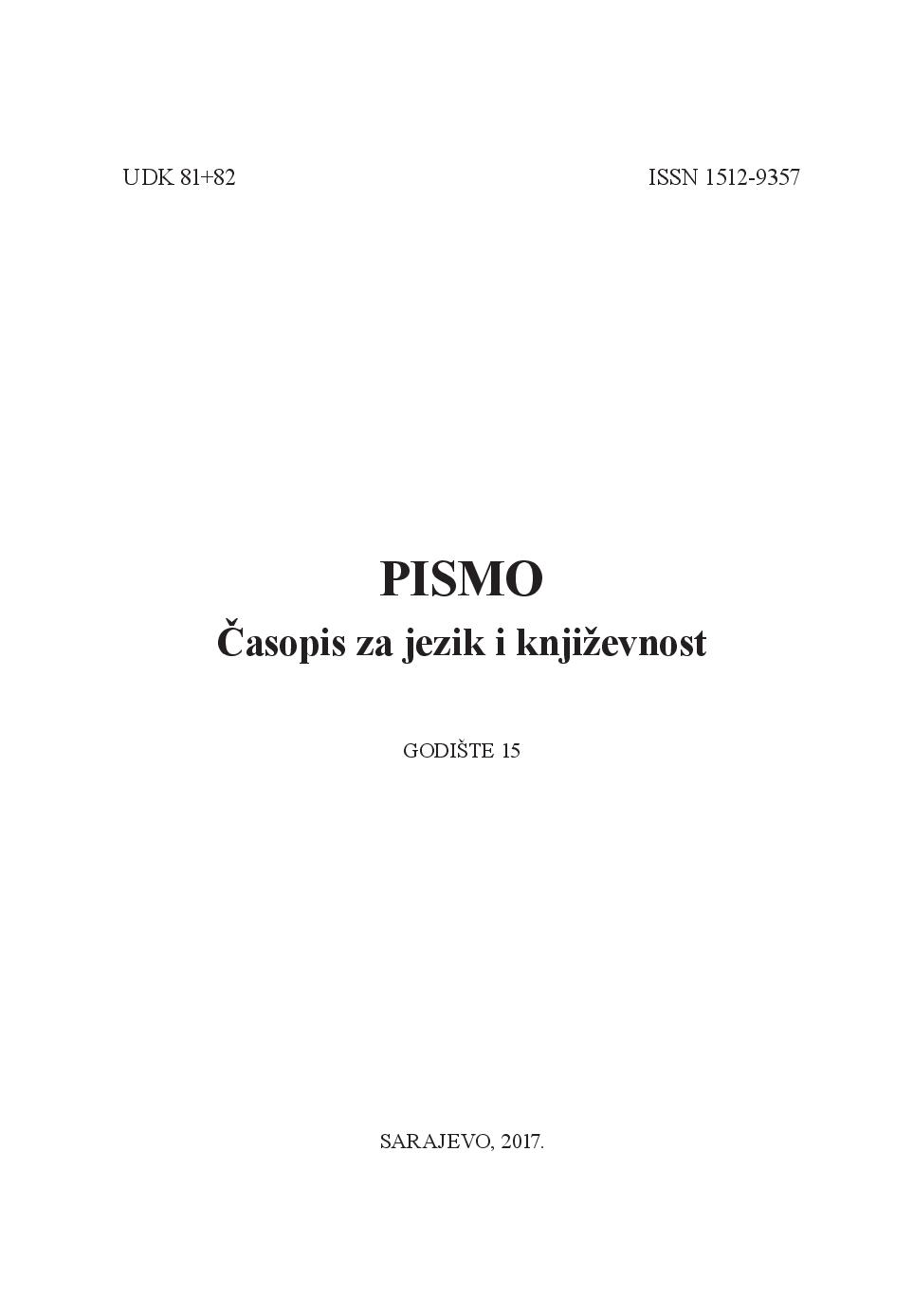Idiomske skupine s kopulativnim glagolom biti
Idiomatic Constructions with the Copulative Verb To Be
Author(s): Azra Hodžić-ČavkićSubject(s): Syntax, South Slavic Languages, Phraseology
Published by: Bosansko filološko društvo
Keywords: phraseology; terms; phrasems; idiomatic construction; idioms; verb; copulative verb to be; transposition; “Sandžački frazeološki rječnik”
Summary/Abstract: In this paper, we discuss different units of phraseology, the boundaries of phraseology and some of the old criteria for the central unit of phraseology. The main goal is to examine the role of the verb to be in idiomatic constructions. The verb to be is the most functional verb in Bosnian. This verb is also very functional in idiomatic constructions, but we have noticed that it is not used merely as a copulative verb. It is also used in the decomposition of other verbs in order to get more specific meanings. We have recognized the results of grammatical decomposition as graphemes. Graphemes are considered to be the results of grammatical transposition, where we have a metonymy as a conceptual system behind the process. In other words, according to the results of this research, the so-called grammatical metonymy is a very common conceptual system when it comes to spreading the “power” of the decomposition in language. The corpus of this research are idiomatic constructions from the first and second editions of the “Sandžački frazeološki rječnik” (The Sanjak Dictionary of Phrases) by Abdulah Mušović. His methodological approach to idiomatic constructions produced 346 idiomatic constructions that use the verb to be. This number confirms the high functionality of the verb to be also in the idiomatic environment. A small number of these idiomatic constructions (fifteen) show that the verb to be is present in both parts of the dictionary. These are the following examples where the verb to be is used with positive results of semantic correlation: to be in agreement – to agree; to be under the word – to promise; to be compassionate – sympathize; to be the main – to manage and to be serious – to seriousize. This is an indicator that these expressions, which we consider highly grammatical, are subject to conceptual models (in this case, metonymy). In other words, the decomposed predicates are the results of grammatical phraseology or grammatical transposition, as we call it in this paper. Using the decomposed predicates, the analytic organization of certain language styles is emphasized, thus giving the language deconstruction a certain type of superiority and confirming the general categorical characteristic of metonymy, which is also noted by Langacker when he says that it came from the need to be as precise as possible.
Journal: Pismo - Časopis za jezik i književnost
- Issue Year: 2017
- Issue No: 15
- Page Range: 43-71
- Page Count: 29
- Language: Bosnian

